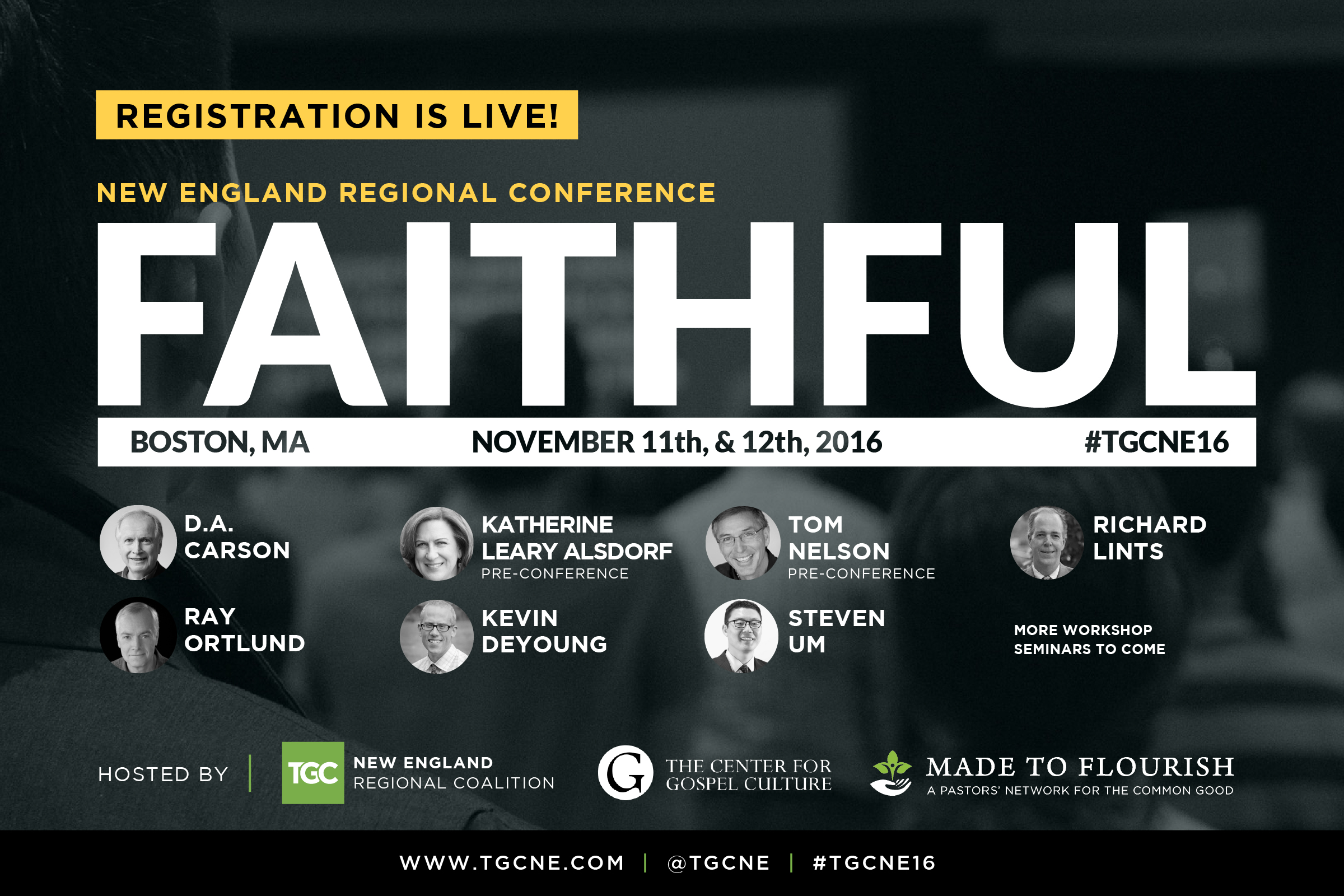In many ways the local church in Thessalonica was the apple of the apostle Paul’s eye. In no other letter does he exuberantly declare, “For you are our glory and joy” (1 Thess. 2:20). So what was it about this local church that set it apart from others?
I’m sure we could garner many plausible answers to this question, but I see two primary motivations bubbling to the surface. First, the Thessalonian church was distinguished for its flourishing gospel mission. And second, the church manifested vibrant spiritual formation in Christlikeness. A closer look at 1 Thessalonians reveals that one connecting thread flowing from Paul’s inspired pen is a robust understanding and affirmation of Christian vocation. Indeed, vocational diligence is one of the letter’s main literary themes. Paul’s robust doctrine of vocation inextricably links the church’s vibrant spiritual formation with its flourishing gospel mission (1 Thess. 4:11–12; 5:12–15; see also 2 Thess. 3:6–15).
Extraordinary, Ordinary Lives
Paul’s opening words to the Thessalonians strike a vocational tone: “We give thanks to God always for all of you, constantly mentioning you in our prayers, remembering before our God and Father your work of faith and labor of love and steadfastness of hope in our Lord Jesus Christ” (1 Thess. 1:2–3). He affirms three Christian virtues of new-creation life: faith, love, and hope. And these virtues are ensconced in the language of work and labor. The rest of the letter reveals that the work of faith, labor of love, and steadfastness of hope Paul has in mind isn’t confined to otherworldly contemplative spirituality, but to real-world vocational life.

Paul uses these same “work words” to describe his own hands-on vocational work as a tentmaker: “For you remember, brothers, our labor and toil: we worked night and day, that we might not be a burden to any of you, while we proclaimed to you the gospel of God” (1 Thess. 2:9). Paul doesn’t view his tent-making efforts as an unwelcome distraction to his apostolic mission, but as a primary conduit for gospel incarnation and proclamation.
The apostle points to his own vocational diligence and commends the Thessalonian believers’ extraordinary, ordinary lives—expressed through the work of their hands in the vocations and providential places God has put them, lives that were used mightily by the Holy Spirit to spread Christ’s gospel in the world. He writes, “For not only has the word of the Lord sounded forth from you in Macedonia and Achaia, but your faith in God has gone forth everywhere, so that we need not say anything” (1 Thess. 1:8).
Through the Thessalonians, the transforming gospel message of faith in Christ had greatly spread. And this came about through their daily work. The Thessalonian believers didn’t become a monastic community, nor did they pull up stakes and head out en masse as overseas missionaries. These first-century believers saw their gospel stewardship through the lens of their vocations and stations in life. Having embraced the gospel, they were honoring their King in the various stations of life they were in when they were called.
As these believers were faithful to their callings in these arenas, the gospel was spreading like wildfire through an increasingly mobile Roman world brimming with economic activity, imposing military presence, and wide-ranging commerce. In The Rise of Christianity, historian Rodney Stark raises this question: “How did a tiny and obscure messianic movement from the edge of the Roman Empire dislodge classical paganism and become the dominant faith of Western civilization?” His answer points, in part, to the early church and its normal, day-to-day living in vocational marketplace networks. The early church didn’t just gather for fellowship and teaching on the first day of the week, but scattered the rest of the week in various vocational workplaces. In these workplaces the gospel dynamically spread.
Vocation and Gospel Mission
Sometimes we wrongly buy into the idea that our gospel mission advances most when we become a pastor or missionary or parachurch worker, or when we recruit others to do the same. But Paul commends gospel incarnation and proclamation in the primary context of Christian vocation and vocational networks. Our gospel mission advances when we faithfully embrace our vocations, whatever and wherever they may be. If we are called to be a pastor or missionary, that is a high calling and should be applauded. If we are called to be a business leader, a teacher, a homemaker, or an assembly-line worker, that is also a high calling deserving of equal applause. As God’s redeemed people, we are called to live ordinary lives in ordinary places as bold witnesses of an extraordinary gospel.
I believe much of our foggy thinking about work will clear once we begin to see our gospel mission through a vocational lens. As gospel-centered Christian leaders, we have been entrusted with the stewardship of equipping others to live lives of growing Christian maturity. Our equipping stewardship goes beyond merely assisting others to do church well. We are called to encourage, equip, and assist others in being the church in the world. Former missionary Lesslie Newbigin brings into sharper focus the depth and breadth of our gospel-centered mission:
If the gospel is to challenge the public life of our society, if Christians are to occupy the “high ground” which they vacated in the noon-time of “modernity,” it will not be by forming a Christian political party, or by aggressive propaganda campaigns. . . . It will only be by movements that begin with the local congregation in which the reality of the new creation is present, known, and experienced, and from which men and women will go into every sector of public life to claim it for Christ, to unmask the illusions which have remained hidden and to expose all areas of public life to the illumination of the gospel.
God designed the local church to be a transformed people scattered in various vocational callings throughout the week. One of the highest stewardships for church leaders is to encourage and equip apprentices of Jesus for their work. Sadly, this stewardship rarely gets the attention and commitment it requires.
Editors’ note: The Gospel Coalition New England invites you to join Christians from all over New England for its 2016 Regional Conference, FAITHFUL, November 11–12 in Boston. Over the course of two days you will hear from a variety of outstanding speakers, including Tom Nelson, Kevin DeYoung, Don Carson, Ray Ortlund, Katherine Leary Alsdorf, Stephen Um, and Richard Lints. The above excerpt is adapted from Tom Nelson’s Work Matters: Connecting Sunday Worship to Monday Work (Crossway, 2011).
Try Before You Buy: FREE Sample of TGC’s New Advent Devotional
 Choosing the right Advent daily devotional can be tough when there are so many options. We want to make it easier for you by giving you a FREE sample of TGC’s brand-new Advent devotional today.
Choosing the right Advent daily devotional can be tough when there are so many options. We want to make it easier for you by giving you a FREE sample of TGC’s brand-new Advent devotional today.
Unto Us is designed to help you ponder the many meanings of this season. Written by TGC staff, it offers daily Scripture readings, reflections, and questions to ponder. We’ll send you a free sample of the first five days so you can try it out before purchasing it for yourself or your church.


































